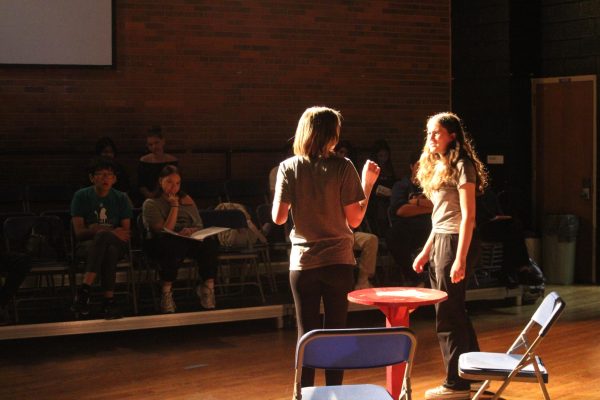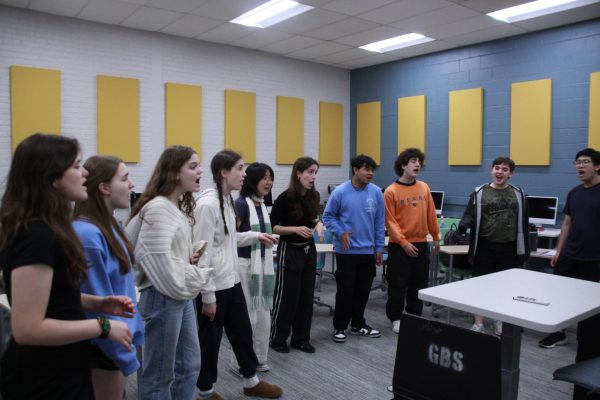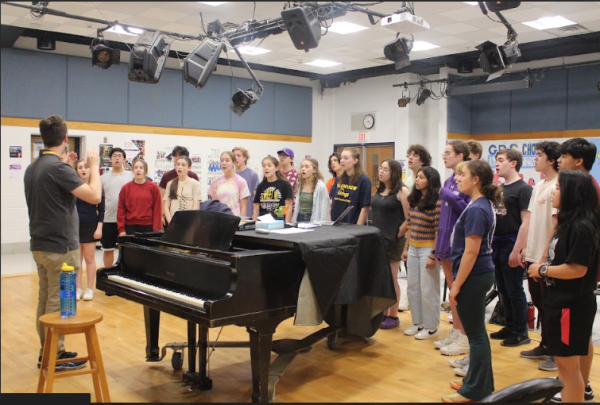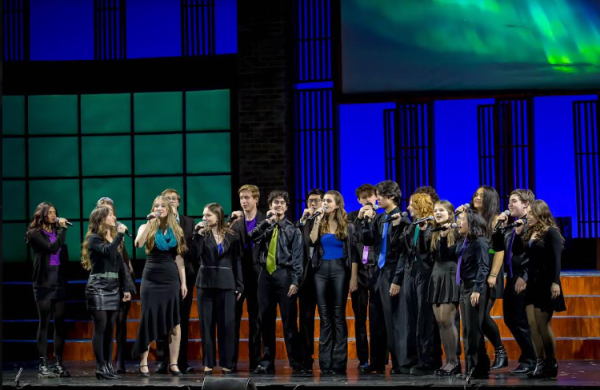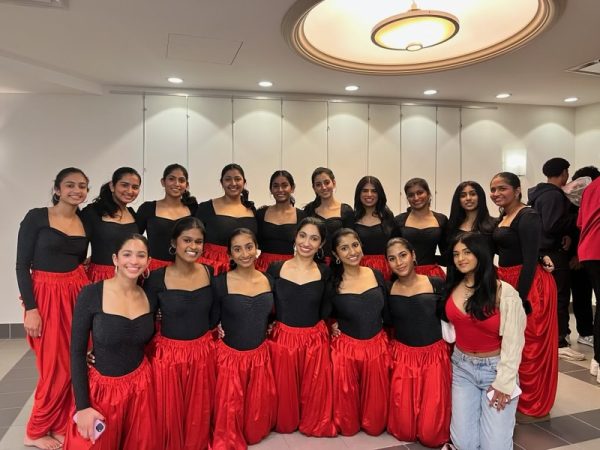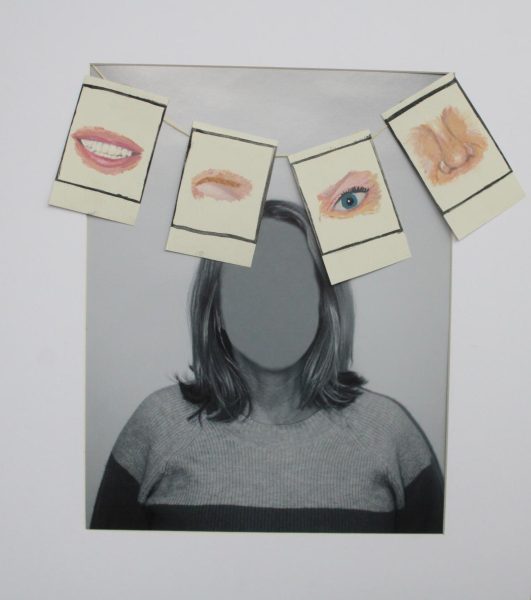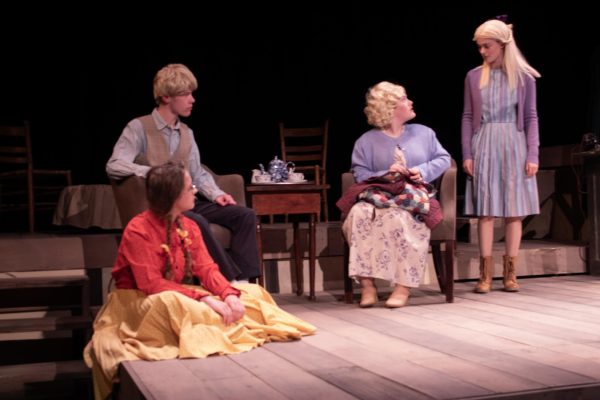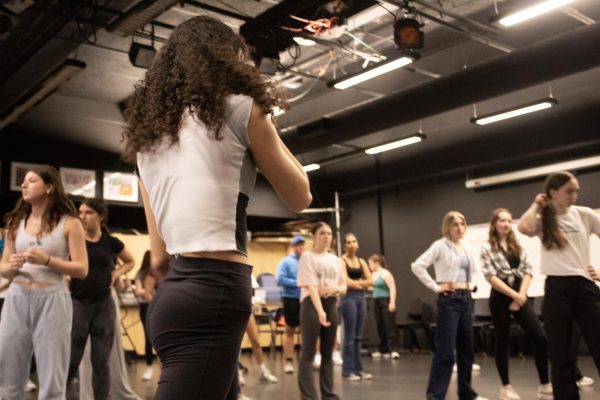Students who make podcasts express their opinions just through talking
December 3, 2018
Sitting in South’s radio room, seniors Seth Davenport and Peter Kamajian paint a picture of the udu, a rare Nigerian percussion instrument used mainly for ceremonies of the Igbo people. The instrument is just one of many examples of how Kamajian and Davenport aim to spread awareness about types of music untouched by South’s community. But their trick? They do it all through their voices.
Their podcast, called “Underground Sounds”, currently has two episodes, although the two say they have plans for many more episodes in the future. The episodes can be found on the WGBK website and typically are around five minutes long.
Davenport and Kamajian came across podcasts unintentionally, according to Davenport. After attending a concert, the two were advised by Radio Teacher Dr. Daniel Oswald to use podcasts as an outlet fit for their content. According to Kamajian, it just stuck. Kamajian says he recommends making podcasts due to their simple and fun nature.
“One of the appeals about podcasts is I talk a lot in real life and people don’t care what I have to say, but if someone’s listening to your podcast, you know they’re there because they care specifically about what you have to say,” Kamajian said. “And everybody likes that feeling, at least a little bit.”
Davenport echoed the lighthearted sentiment of Kamajian, saying he feels that podcasts are so fun to make because all you have to do is hit record on normal conversation.
“All you’re doing is talking to someone you enjoy talking with about some sort of topic,” Davenport said. “It just happens to be on the microphone.”
Senior Andrew Kurland also has spent time behind the microphone, working on his podcast, “Inside the Garage.” The episodes, of which there are currently seven, can be found on Soundcloud, iTunes and other listening websites, and center around the world of Nascar.
Previously to making a podcast, Kurland had covered Nascar races by posting interviews online. Now, Kurland says he has more freedom to add his own, lighthearted commentary.
“One thing about podcasts specifically is that it doesn’t have to be super formal,” Kurland said. “You can really make the format really laidback, you can have a lot of fun with it and I think that’s what separates a good podcast from a great podcast.”
Kurland, Davenport and Kamajian all say they envision a bright future for podcasts, and think their popularity is just beginning. Kurland says he believes podcasts are especially convenient for the modern listener, as well as giving the listener freedom in choice.
“We’re in a world where everyone wants everything instantly, and podcasts are nice because you can choose what you want to listen to when you want to listen to it.” said Kurland
Kurland says he encourages others to make podcasts, as they’re a simple and fun way to spread your voice.
“If you want to talk about something or if you’re interested in something, go ahead and just hit record and see what happens.” said Kurland





